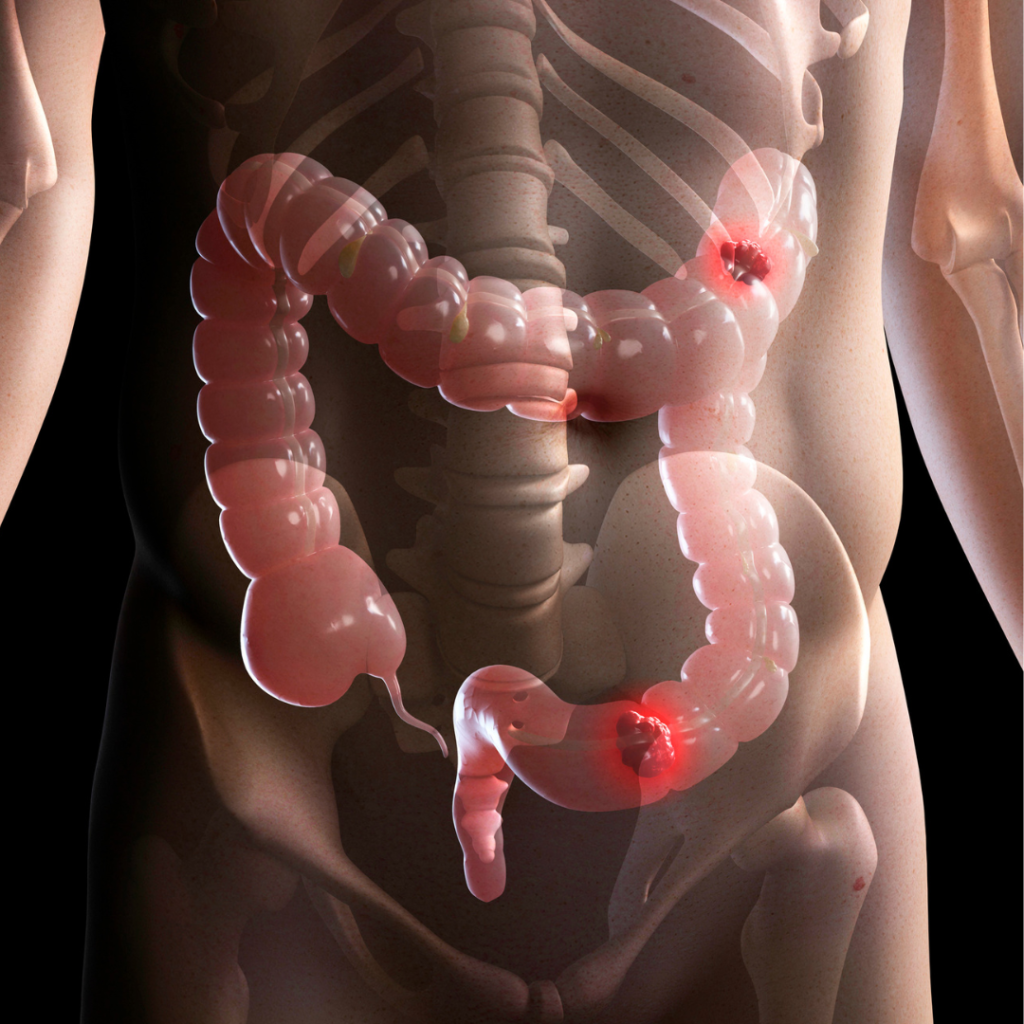Written by: Kim Anderson, PhD
Everyone with a spinal cord injury (SCI) will experience some sort of problem with their bowels – their ability to go pooh. It has been known for many years that people living with SCI consider bowel control as one of the most difficult issues to manage and one of the biggest daily challenges. There are options for bowel care, and they start conservatively with creating a bowel program.
Components of a bowel program:
- Timing – you want to attempt to have a bowel movement every day or every other day and you want to stick with a schedule – same days each week and same time of day; this is a big factor in try to prevent accidents from happening.
- Diet and fluid intake – eat foods with a lot of natural fiber (fruits and vegetables) and drink fluids that do not have a lot of caffeine (too much caffeine can lead to dehydration); fiber and fluids help prevent constipation.
- Medicines – your doctor may or may not want you to take medication that helps soften your pooh; these are called stool softeners or sometimes laxatives, and they help prevent constipation as well.
- Techniques – there are a few things you can do to trigger the reflexes involved with going pooh; these include using an enema or suppository, digital rectal stimulation, and using your finger to actually remove the stool from your rectum; you may need one or more or none of these techniques – it is important for you to learn your body and figure out what works best for you.
Unfortunately, using all of the components described above does not always guarantee a successful bowel management program. There are other options available if a conservative bowel program does not work, but there has not been a clear definition of treatment failure or guidance regarding when to change strategies. As part of our SCI Model Systems program, we are leading a multi-center collaborative study that has a goal of facilitating the development of a successful bowel management program early after SCI.

We will be validating the MENTOR tool to describe bowel dysfunction in the inpatient rehabilitation setting and see if it facilitates management across the 1st year post-injury. Not having clear guidance on when to change a bowel management strategy contributes to people with SCI living through prolonged periods of poor bowel management. There is no validated clinical decision-making tool to guide bowel management during the acute and subacute period after SCI.
Recently, the Monitoring Efficacy of Neurogenic Bowel Dysfunction Treatment On Response (MENTOR) tool was developed and validated in the early chronic to chronic period to allow informed, shared decision making between the clinician and the person living with SCI in bowel management. If the clinical goal is to best improve bowel management, then person-specific tailoring should begin early after injury with a valid clinical decision-making tool and this is what we will be testing.
We will enroll people with new SCI while they are in their initial inpatient rehabilitation hospital stay and follow them for one year. During that time, we will use the MENTOR tool at 4 time points (within 1 week of acute rehab discharge, then 6-, 9-, and 12-months post injury) to evaluate their bowel function and their satisfaction with their bowel status. At each time point the results of the MENTOR tool are used to see if a change is needed to improve their bowel function. We will enroll 242 participants across four SCI Model System centers (our site in Cleveland plus Los Angeles, Miami, and Minneapolis). Results of this multi-center study will determine the validity of a clinical decision-making tool for neurogenic bowel dysfunction in the acute/subacute period after SCI and describe its potential clinical impact on improving bowel management over the first year after injury. It will also contribute to understanding the progression of bowel dysfunction in this period, which could potentially allow clinicians to better predict early bowel outcomes.
Model Systems Knowledge Translation Center Resources:
- Feature Video Managing Bowel Function – https://msktc.org/sci/Hot-Topics/Bowel_Function/managing-Bowel_Function
- Podcast Bowel Function After SCI – https://soundcloud.com/user-744503006/bowel-function-after-sci?in=user-744503006/sets/sci-podcast-briefs&utm_source=clipboard&utm_medium=text&utm_campaign=social_sharing Slideshow
- Bowel Function After SCI – https://msktc.org/sci/slideshows/bowel-function-after-spinal-cord-injury
- Factsheet Bowel Function After SCI – https://msktc.org/sci/factsheets/Bowel_Function
- Infocomic on Bowl Function – https://msktc.org/sci/infocomics/bowel-function-after-spinal-cord-injury
- Short video clips related to bowel function – https://msktc.org/sci/videos/managing-bowel-function-videos
